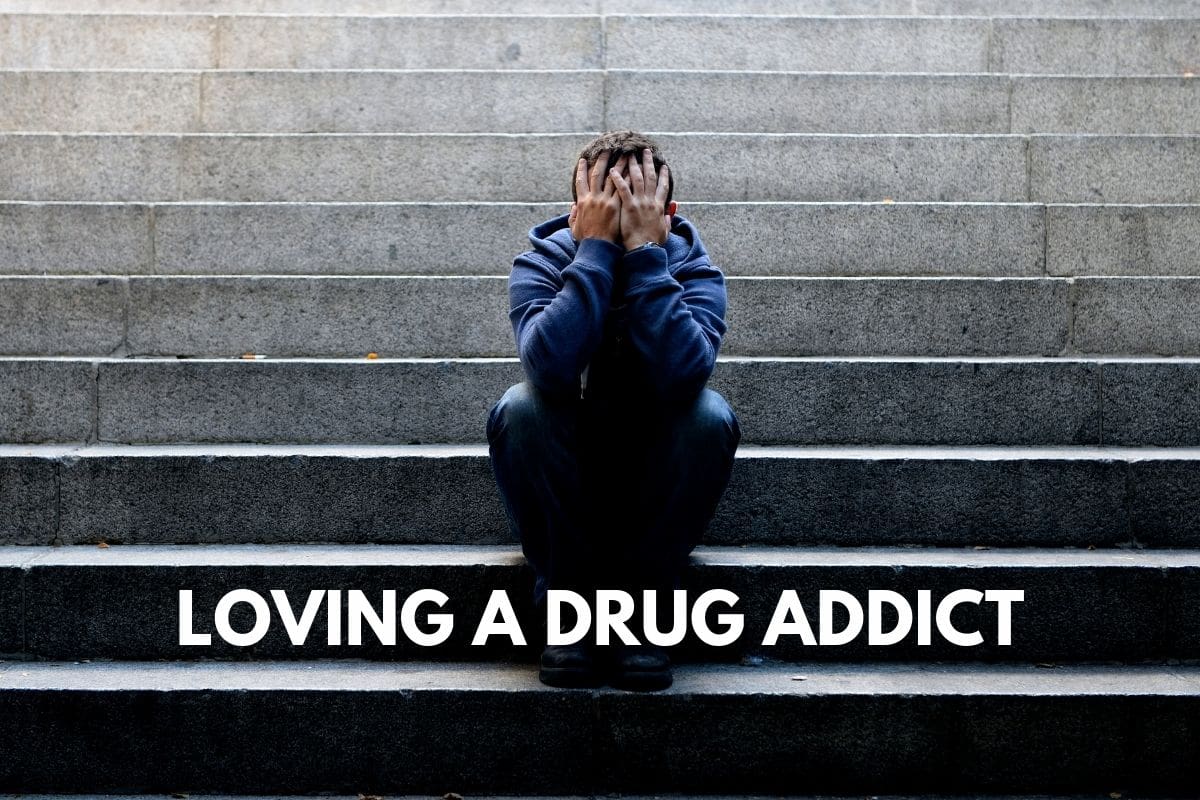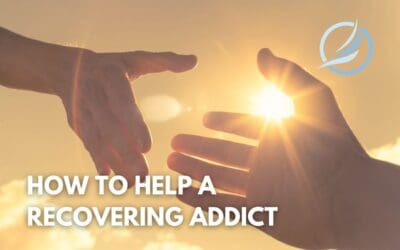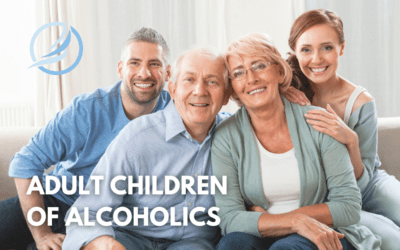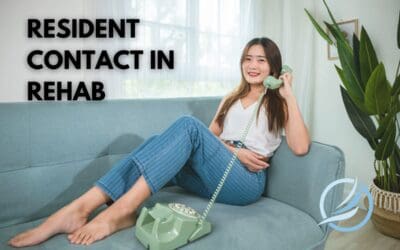There is nothing more painful than watching drugs turn somebody you love, into somebody you don’t even know.
Addiction is a family disease, it affects everybody involved. It’s isolating for both the addict and the family. While the addicted is preoccupied with thoughts of using and obtaining drugs, family members feel pressure to cover up unhealthy situations. They isolate themselves from friends and family because they are filled with guilt and shame. They feel powerless and often blame themselves.
Families of drug addicts live in an almost constant state of fear and dread. They are terrified of the phone ringing because it might be the call about their child being found dead of an overdose. They become desperate to save them. Unhealthy attempts to enable, rescue, or protect the addict never work.
Being married to an addict, you likely want to do everything in your power to prevent bad things from happening to your addicted loved one, very often the line is crossed between caring for the addict and trying to control their behavior. Children with drug addict parents also face unique stresses and pressures.
Codependency is very prevalent in families with drug abuse, as the behavior of one seems to have a profound influence on the behavior of other members of the family. It is important to realize that you didn’t cause your loved one’s addiction, and you cannot cure it or control it. If you don’t take care of yourself, you can easily spiral out of control with them.
Here are some things to consider when you have an addicted family member
Loving vs Enabling
You can love them without enabling them. It’s often said that if you baby the addict, you will bury the addict. Every time you bail them out, even with the best of intentions, you make it easier for them to continue their drug use. It might be the hardest thing in the world to watch your family member struggle, but it might be the only way that they will come to terms with the fact that they have a problem. You cannot raise their rock bottom.
Set Boundaries
Don’t be part of the problem, be part of the solution. The only person that you can control in this situation is you. You own your thoughts, behaviors, and actions. Addicts are very good at manipulating through guilt trips, and even violent behaviors. These are all tactics to perpetuate toxic and unhealthy relationships without boundaries. You can love the person and not their behavior; draw the line and refuse to put up with this type of abuse.
You Can’t Save them
Acceptance is key. No matter how desperately you want to save them, they might need some outside assistance. You see their problems very clearly, but if they are not accepting help from you, then it’s time to step back.
Self-Care
An addict will try and pull you back into the never-ending cycle of chaos if you allow it. For family members, it’s easy to become as sick as the addict that you love. See a counselor, and even schedule some additional doctor appointments to take care of all aspects of your physical, emotional and spiritual health. Surround yourself with love and support.
Resources For Families of Addicted Persons
Facebook Support Groups – There are many groups on Facebook for parents, spouses, and family members of addicts. Some suggestions are A Mothers Hope, Nar-Anon Family Support, and Al-Anon Online Support.
Al-Anon – Al-Anon is a mutual support group of peers who share their experience in applying the Al-Anon principles to problems related to the effects of a problem drinker in their lives.
Nar-Anon – Nar-Anon is a 12-step program for anyone who is affected by another person’s addiction. Loved ones are able to address the struggles they face through a structured, step-by-step process surrounded by others fighting similar battles who can encourage them.
SMART Recovery Family and Friends – SMART Recovery Family & Friends helps those who are affected by the substance abuse, drug abuse, alcohol abuse, or other addictions of a loved one.
Families Anonymous – Families Anonymous is another 12-step program for families and friends of people with drug addiction and related problems. Anyone who is concerned about the destructive behavior of a loved one is welcome to attend.
GRASP: Grief Recovery After Substance Passing – GRASP was created to offer understanding, compassion, and support for those who have lost someone they love through addiction and overdose.
Find more addiction recovery resources here.



































